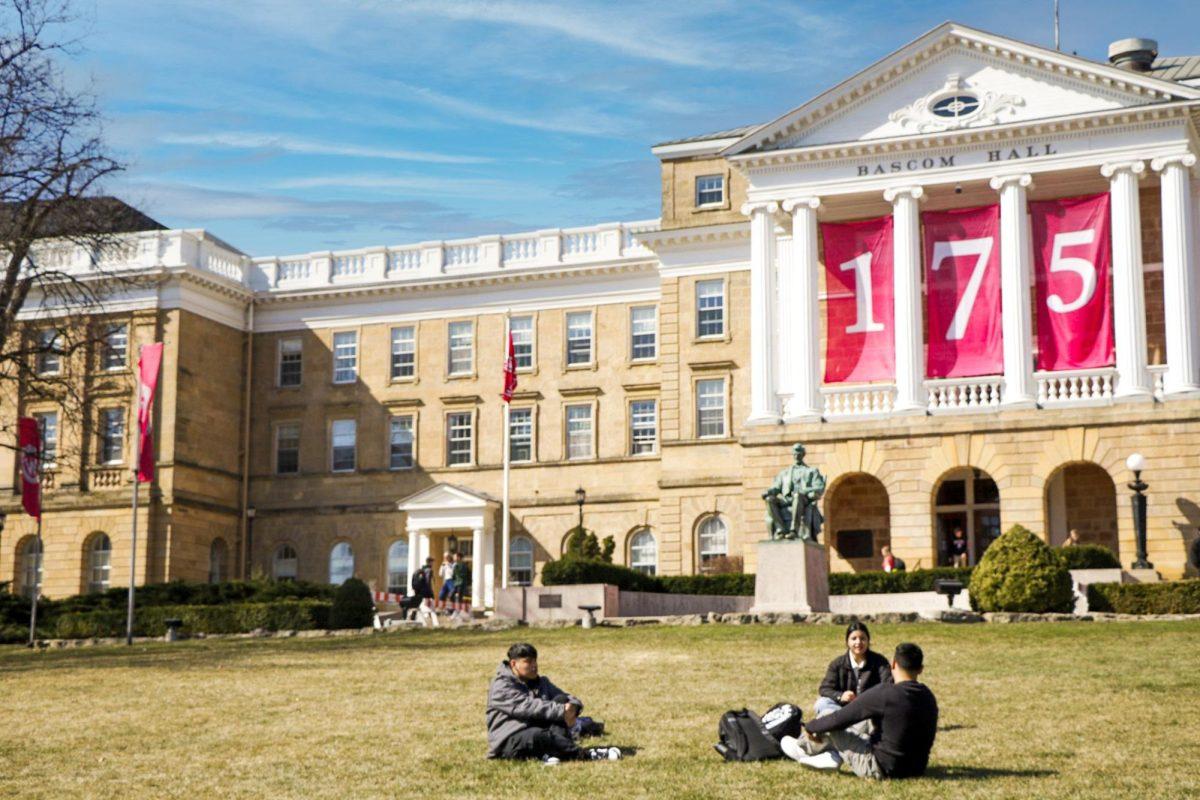Gaining legitimacy on an international level, three University of Wisconsin institutions received accreditation status in the area of animal research programs following controversial ratings at a check-in last year.
The UW Graduate School, School of Medicine and Public Health, and School of Veterinary Medicine all gained “Full Accreditation” status for three more years from the Association for Assessment and Accreditation of Laboratory Animal Care International, according to a UW statement.
Director of the Research Animal Resources Center Eric Sandgren said AAALAC is an organization that universities and other institutions can ask to come in and perform an investigation before providing accreditation if the institution meets the right standards.
“It’s considered a seal of approval if you receive accreditation,” Sandren said. “They come in and perform a comprehensive examination and tell you their findings. This was a comprehensive review. They spent a lot of time here and this helps us a lot.”
Sandgren said AAALAC was on the UW campus in October and while the group gave some positive feedback about the animal research programs, they also provided the university with strong recommendations and required guidelines.
He said after the October visit, the university addressed all of the recommendations before the AAALAC Council took up the evaluation in February.
“They had no additional recommendations because we had already addressed them,” Sandgren said.
According to the UW statement, AAALAC’s October recommendations included establishing a monitoring system for expired drug identification as well as improved training for handling toxic substances. In addition to the recommendations, AAALAC gave 18 commendations for programs.
Sandgren said the investigation was in-depth and included looking into buildings, cages for animals, training, veterinary care and more.
Accreditation is important, Sandgren said, because it means the institutions will not lose any of the funding sources it has had in the past.
He said any institutions wishing to receive funding from the Public Health Service must abide by the Guide for the Care and Use of Laboratory Animals, which also is the document that AAALAC uses in its review of institutions.
Sandgren also added that receiving accreditation is no small task and that AAALAC does not just hand it out.
“If they do feel something is wrong, they’re not shy about it,” he said.
He said, for example, in AAALAC’s 2003 investigation, the group took issue with the university’s occupational health and safety plan. He said when this happened, UW established a committee to address the issues found and wrote back to the group that it had made changes. The group reinstated full accreditation at that point.
Currently, four of the five UW units within the area of animal research are AAALAC-accredited.
Sandgren also said most of the largest research organizations in the country seek AAALAC accreditation, as well as almost all companies that deal with animals.
According to the UW statement, the university’s College of Letters and Science will seek accreditation in the next couple of years.
















